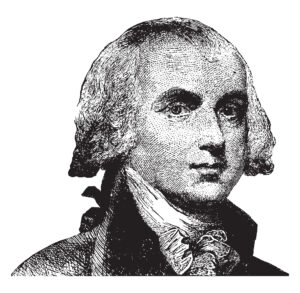
Write Like Justice O’Connor: The Art of the Confident Concession
“Being a member of the Court is a little like walking through fresh concrete,” said Justice O’Connor. “We look back and see our footprints in those opinions that we’ve written and they tend to harden after us.” From a legal-writing perspective, how might you follow in her footsteps? Revered for her








